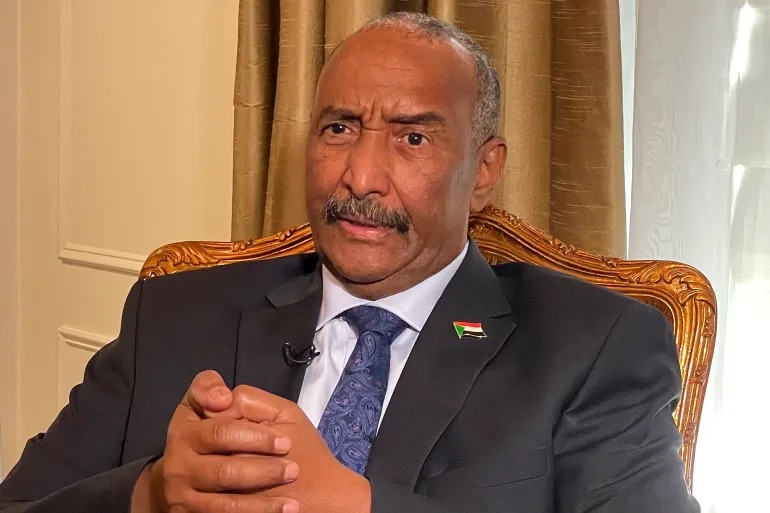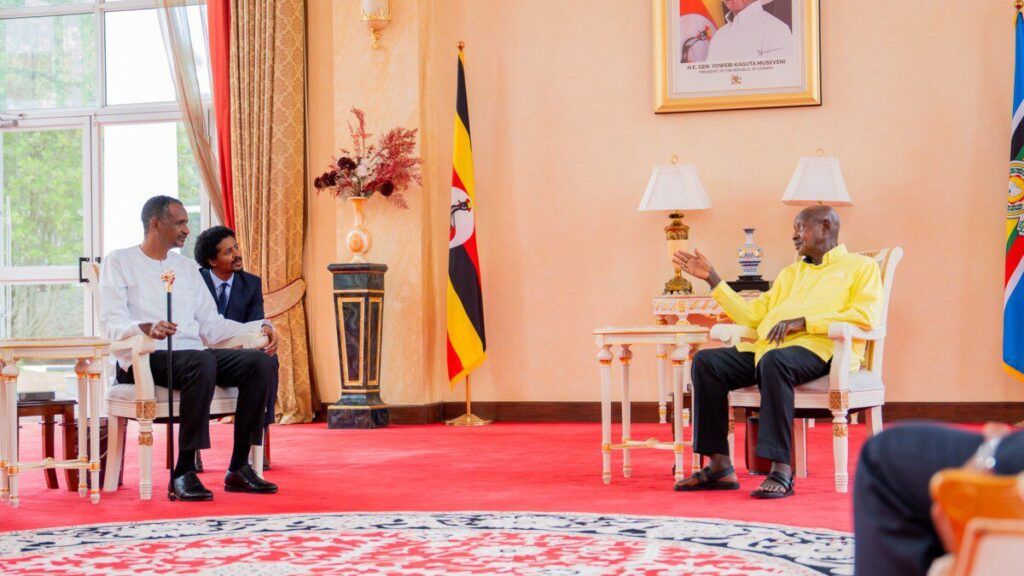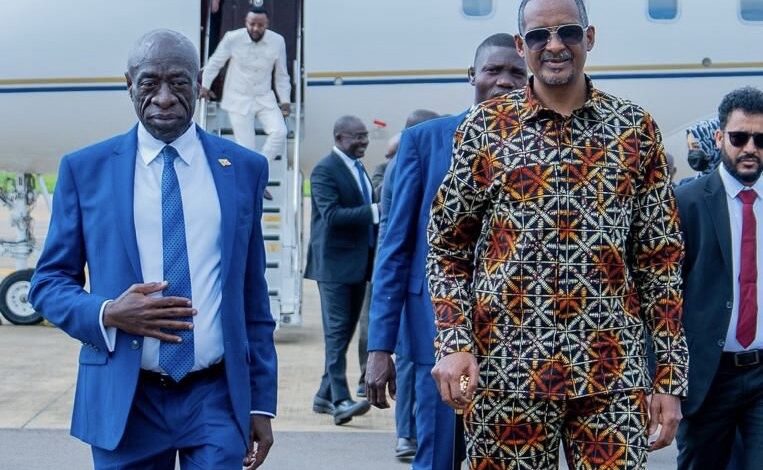
Since General Abdel Fattah al-Burhan toppled Sudan’s civilian transitional government, the country has entered one of the darkest phases in its modern history. The military leader, who claimed he was “correcting the course” of the revolution, has instead provided a stark example of the failure of military rule, pushing Sudan deeper into conflict, political fragmentation and economic collapse.
The stability and security he promised have unravelled entirely. Today, Sudan is consumed by open warfare, divided authority, a paralysed state, and an economy on the verge of collapse. What has unfolded is not simply poor governance, but the systematic dismantling of state institutions under a leadership that believes power is sustained by force rather than legitimacy.
A military leadership without a political project
From the outset, Burhan revealed that he lacked a coherent political vision. His rule has relied on short-term manoeuvres and reactionary decisions. He miscalculated in assuming that holding state power would ensure stability, ignoring that post-revolution Sudan was no longer willing to accept governance imposed through security crackdowns.
Protesters demanding civilian rule were met with violence, leaving deep scars in Khartoum and beyond. Over time, Burhan’s legitimacy eroded even within the SAF establishment, which has fractured under the strain of prolonged conflict and unclear strategic goals.
Accusations of chemical weapons use
One of the most serious allegations facing Burhan’s command relates to the suspected use of internationally prohibited chemical agents in conflict zones in Darfur and Kordofan. Human rights organisations and independent field reports have documented cases of toxic exposure, suffocation and severe burns consistent with chemical attacks.
The SAF leadership denies these claims, yet it has refused to allow independent international investigations — reinforcing suspicions of a cover-up. If confirmed, these actions could constitute war crimes, exposing Burhan and senior commanders to international prosecution.
Economic collapse under a wartime economy
Sudan’s economic situation has deteriorated to unprecedented levels. More than 20 million Sudanese now face severe food insecurity, while the national currency has lost most of its value. Agricultural production has collapsed as millions have been displaced from farmland.
Instead of economic reform, the state has transformed into a wartime financial network in which military-linked companies control gold, fuel and other key resources. Without civilian oversight, these networks operate outside the national interest, deepening inequality and corruption.
Fragile alliances and loss of legitimacy
Burhan has also struggled to maintain both domestic and international alliances. Inside Sudan, he lost the support of civilian political forces and became embroiled in a destructive power struggle with the Rapid Support Forces, once his main partner in governance.
Internationally, Sudan’s standing has declined sharply. Aid and development projects have been suspended, and Burhan is increasingly seen not as a head of state, but as one warring faction in a civil conflict.
A nation in collapse
The breakdown of the rule of law and the documented abuses against civilians highlight the moral and legal weight of the crisis. International law is clear: crimes against civilians do not expire, and those who ordered or authorised them will eventually be held accountable.
Burhan now stands before history as a leader who prioritised power over the survival of the state. His continued rule means the continuation of war and decline, because the root of Sudan’s crisis lies in the mindset that military domination can substitute for legitimate governance.
The choice for Sudan is stark: a future built on civilian authority and accountability, or a continued descent into fragmentation under military rule. Sudan will endure, but history has shown that the era of generals always ends.




